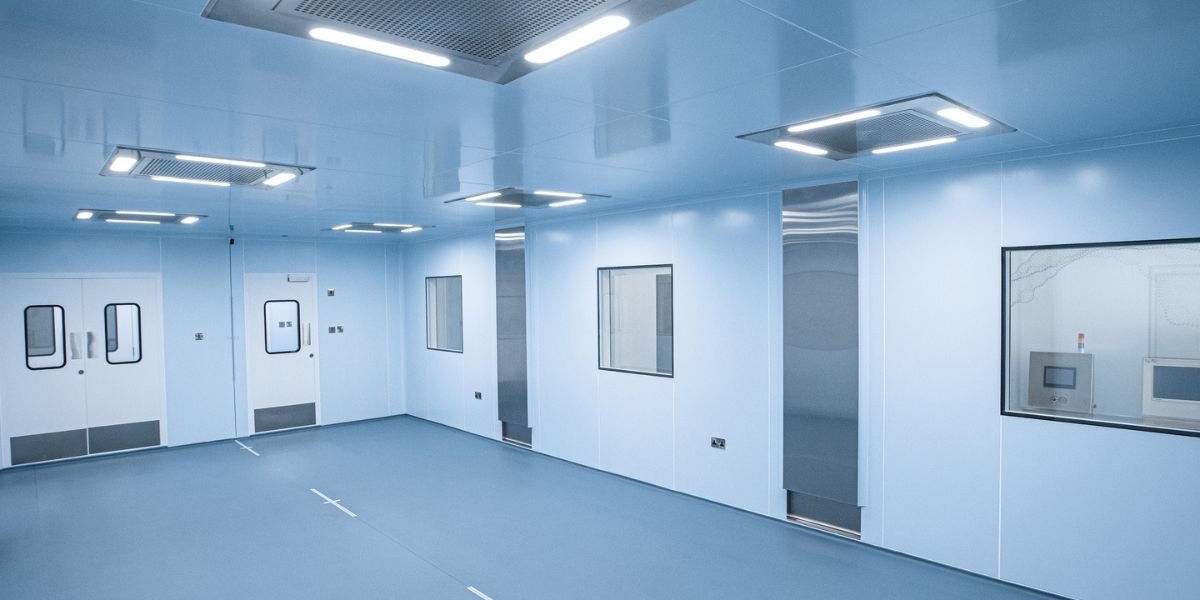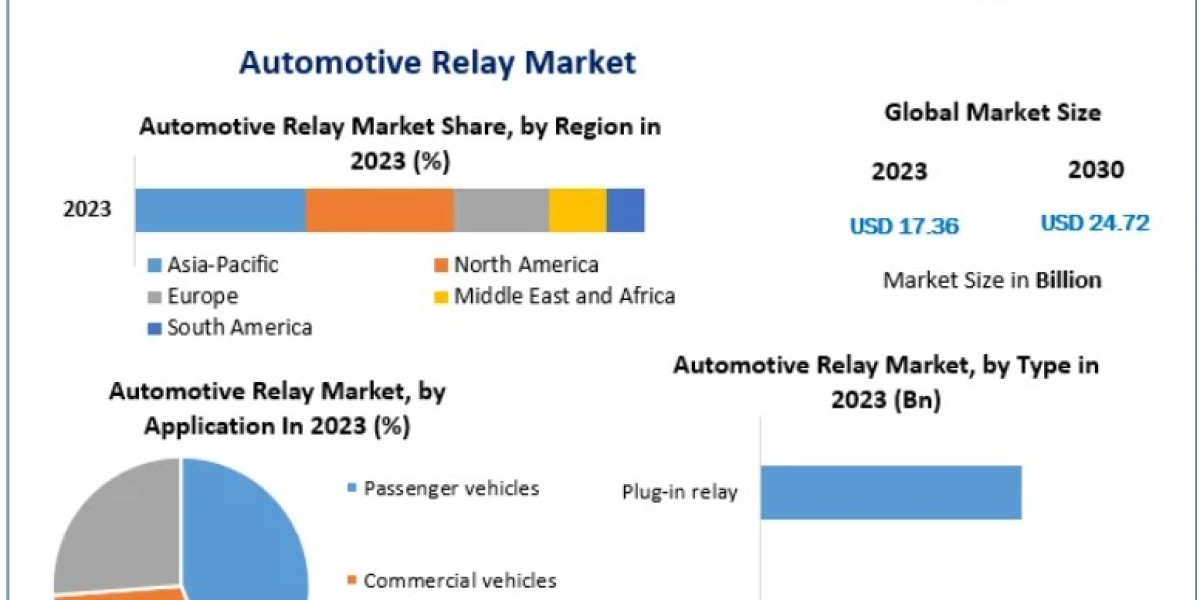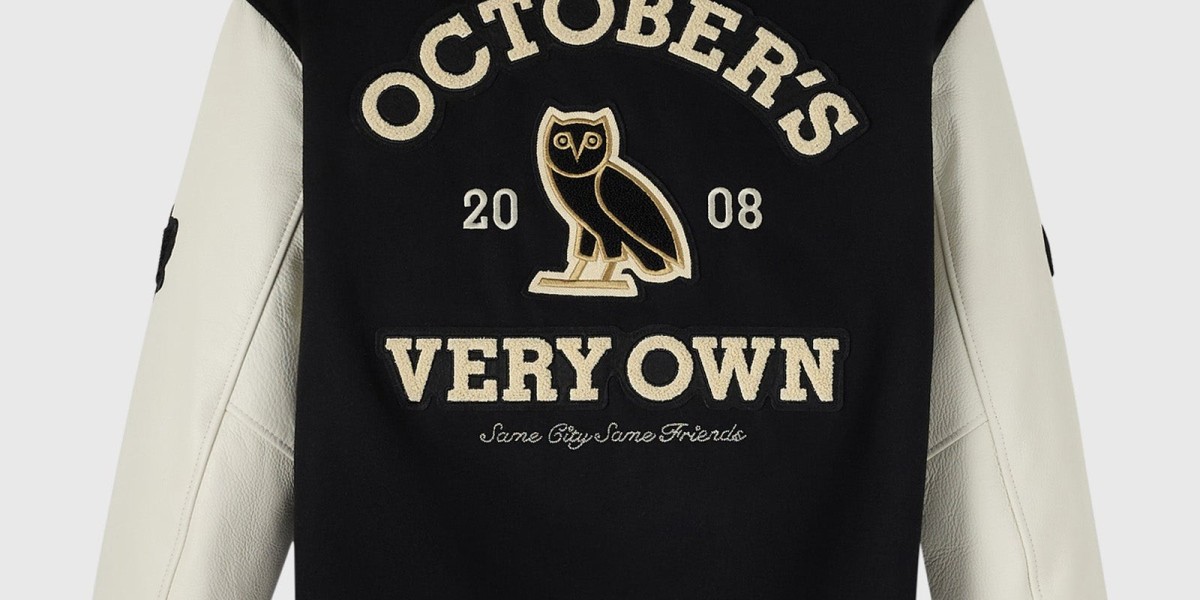Cleanroom facilities are critical for industries where contamination control is essential. In Australia, cleanroom supplies play a pivotal role in ensuring that laboratories, pharmaceutical companies, electronics manufacturers, and healthcare institutions meet the strict ISO cleanroom standards. From disposable clothing to HEPA filters, sourcing high-quality cleanroom products is fundamental to maintaining compliance, safety, and productivity.
In this guide, we provide a detailed overview of cleanroom supplies in Australia, exploring their importance, available categories, and how industries can select the right solutions for their specific applications.
Why Cleanroom Supplies Are Essential in Australia
Cleanroom environments are designed to minimise airborne particles, microbial contamination, and static hazards. Without the proper supplies, even the most advanced cleanroom facility could face operational risks. Australian industries, particularly in pharmaceuticals and biotechnology, must comply with Therapeutic Goods Administration (TGA) requirements, which demand stringent contamination control.
Cleanroom supplies ensure:
- Compliance with ISO 14644 and GMP standards.
- Safety for personnel working in sensitive environments.
- Product integrity is particularly important in drug development, semiconductor manufacturing, and food safety.
- Operational efficiency is improved when high-quality consumables reduce the risk of downtime due to contamination.
Categories of Cleanroom Supplies in Australia
1. Cleanroom Apparel and Clothing
Cleanroom garments form the first barrier against contamination. In Australia, these include:
- Disposable Coveralls – Non-linting, breathable fabrics for protection against particulates.
- Cleanroom Gloves – Nitrile, latex, or vinyl options designed for high dexterity and anti-static properties.
- Shoe Covers and Booties – Preventing dirt and particles from entering controlled areas.
- Face Masks and Hoods – Offering microbial filtration and compliance with ISO standards.
2. Cleanroom Cleaning Supplies
Maintaining a sterile environment requires specialised cleaning products:
- Cleanroom Wipes – Low-lint, pre-saturated wipes suitable for disinfecting surfaces.
- Mops and Buckets – Designed with autoclavable materials and smooth surfaces.
- Disinfectants – Alcohol-based, sporicidal, and biocidal solutions approved for use in controlled environments.
3. Air Filtration and HVAC Supplies
Air cleanliness is the backbone of contamination control. Key supplies include:
- HEPA and ULPA Filters – Removing particles down to 0.12 microns.
- Air Showers – Reducing contaminants carried by personnel.
- Fan Filter Units (FFUs) – Ensuring uniform laminar airflow in cleanroom spaces.
4. Cleanroom Furniture and Equipment
Australian cleanroom facilities rely on ergonomically designed furniture that meets GMP compliance:
- Stainless Steel Workbenches – Corrosion-resistant and easy to sterilise.
- Cleanroom Chairs – Non-shedding upholstery with ESD protection.
- Pass-Through Chambers – Preventing cross-contamination between clean and unclean areas.
5. Consumables and Accessories
Everyday supplies are indispensable:
- Sterile Packaging Bags – Protecting sensitive instruments and products.
- Cleanroom Stationery – Particle-free paper, pens, and labels.
- Swabs and Applicators – Ideal for precision cleaning in electronics and pharmaceutical applications.
Industries in Australia That Depend on Cleanroom Supplies
Pharmaceutical and Biotechnology
Australia’s pharmaceutical sector adheres to strict TGA and PIC/S GMP guidelines. Cleanroom consumables such as sterile gloves, masks, and disinfectants are essential for drug development and vaccine manufacturing.
Electronics and Semiconductor Industry
High-tech industries in Sydney and Melbourne rely on cleanroom gloves, anti-static garments, and precision wipes to prevent microcontamination during circuit board and semiconductor production.
Healthcare and Hospitals
From operating theatres to diagnostic labs, healthcare institutions depend on disposable sterile clothing, HEPA filters, and surgical masks to reduce risks of infection and maintain hygiene.
Food and Beverage Industry
Australian food processing plants use cleanroom supplies to comply with HACCP standards, ensuring that consumables are free from contaminants.
Key Standards and Certifications in Australia
When selecting cleanroom supplies, industries must ensure compliance with:
- ISO 14644-1 – Air cleanliness classification.
- GMP (Good Manufacturing Practice) – Ensuring safety in pharmaceuticals.
- AS/NZS Standards – Local Australian and New Zealand safety and quality requirements.
- CE and FDA Certifications – Required for certain imported cleanroom products.
How to Select the Right Cleanroom Supplies in Australia
Choosing the right products requires a strategic approach:
- Assess Cleanroom Classification
- Supplies differ based on ISO class (Class 3 to Class 9). For example, semiconductor facilities require stricter controls than food processing plants.
- Evaluate Material Compatibility
- Ensure that consumables do not shed particles or interfere with sensitive processes.
- Verify Sterility and Certification
- Look for products tested against international contamination control standards.
- Consider Supplier Reliability
- Australian industries benefit from sourcing supplies from certified distributors that provide documentation, training, and after-sales support.
- Balance Cost and Performance
- While budget considerations are important, investing in high-quality cleanroom consumables prevents costly contamination events.
Leading Suppliers of Cleanroom Supplies in Australia
Several suppliers specialise in delivering world-class cleanroom consumables across the country:
- Global distributors providing international brands of gloves, wipes, and filters.
- Local Australian suppliers catering to specific industry needs with tailored solutions.
- Specialised vendors offering GMP-compliant furniture, air filtration systems, and sterile consumables.
These suppliers ensure timely delivery, product certification, and ongoing support for contamination control programs.
Future Trends in Cleanroom Supplies in Australia
The Australian cleanroom industry continues to evolve with advanced technologies:
- Sustainable Cleanroom Products – Eco-friendly disposable apparel and biodegradable wipes.
- Smart Monitoring Systems – Real-time particle monitoring integrated into cleanroom supplies.
- Automation in Cleaning – Robotic systems designed for sterile wiping and disinfection.
- Custom Cleanroom Solutions – Tailored apparel and filtration systems for industry-specific needs.
Conclusion
The demand for cleanroom supplies in Australia is growing rapidly as industries face stricter compliance regulations and higher standards of contamination control. From pharmaceuticals to electronics, having access to certified, reliable, and high-performance cleanroom consumables is critical. By partnering with trusted suppliers and adopting best practices, Australian industries can safeguard product integrity, protect personnel, and maintain compliance with global standards.








